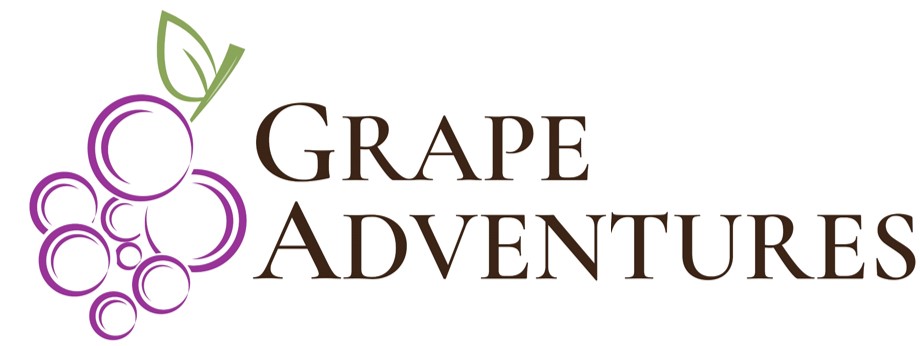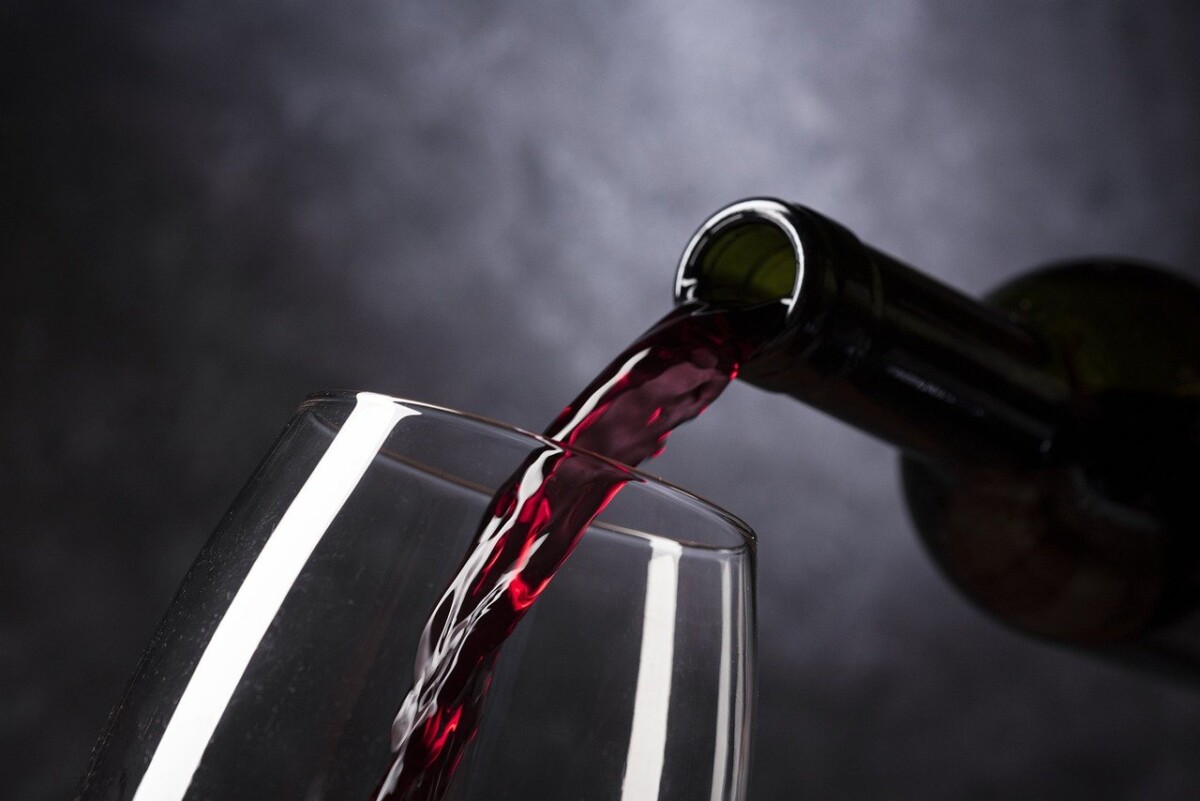
An opened bottle of wine will typically last 3-5 days before it goes bad. The length of time before wine turns varies on the type of wine and how the wine is stored after it has been opened.
Drinking wine, the next day, or even a few days after it is opened, will not harm you. “Spoiled” wine is essentially just vinegar. As the bottle is uncorked the wine is exposed to oxygen and the wine begins to evolve and age faster. The flavor and brightness will begin to flatten, and the wine will ultimately evolve into vinegar.
Some varietals can sit open exposed to oxygen for a long time and continue to evolve and be enjoyable, these usually wine high in tannins, while other wines can start to turn within a few hours
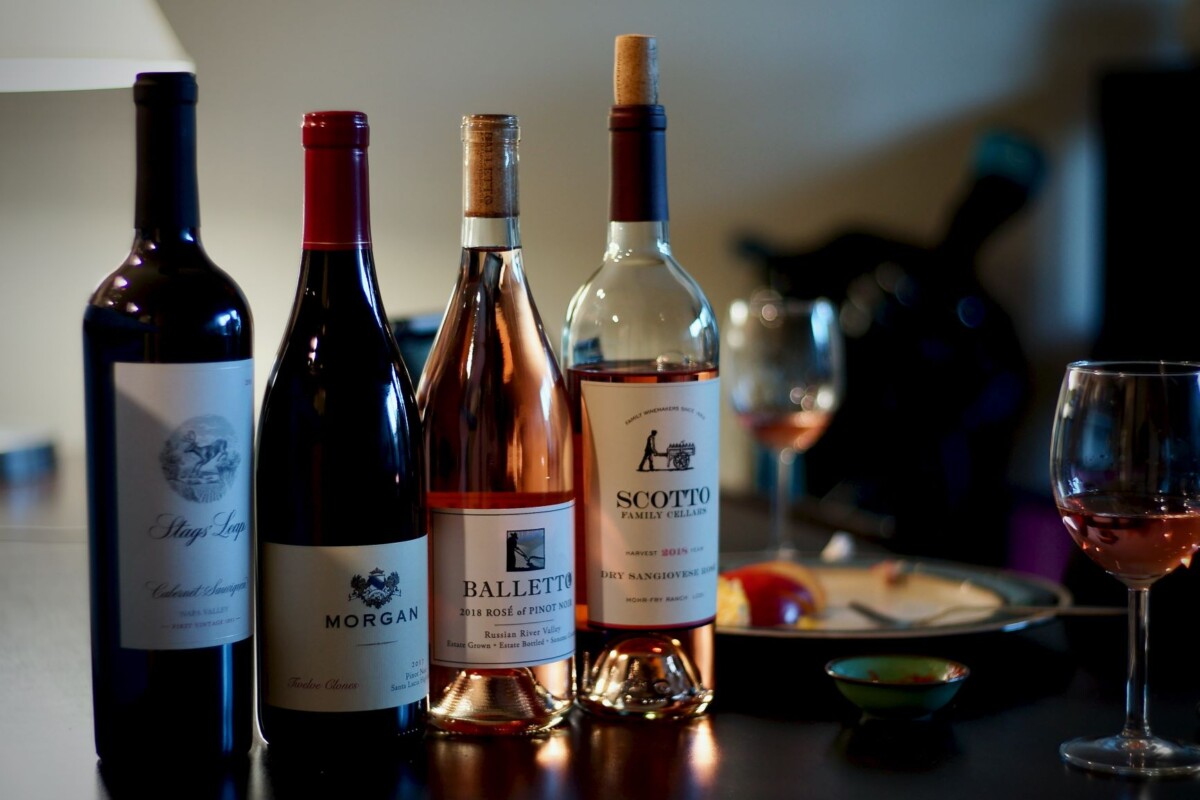


Wine Traits that Influence the Length of Time Before Wine Spoils
Bolder, Younger Wines
Bolder, younger wines will last longer after opened than delicate, older or light-bodied wines.
Alcohol Content
Wines with higher % of alcohol typically remain drinkable longer.
Tannins
Wines with higher content of Tannin will stay drinkable longer and can actually benefit from some softening of the tannins. Particularly new wines.
Acidity
Wines with higher acidity have a longer life.
Residual Sugar
Wines with higher residual sugar last longer. This is because sugar acts as a natural preservative.
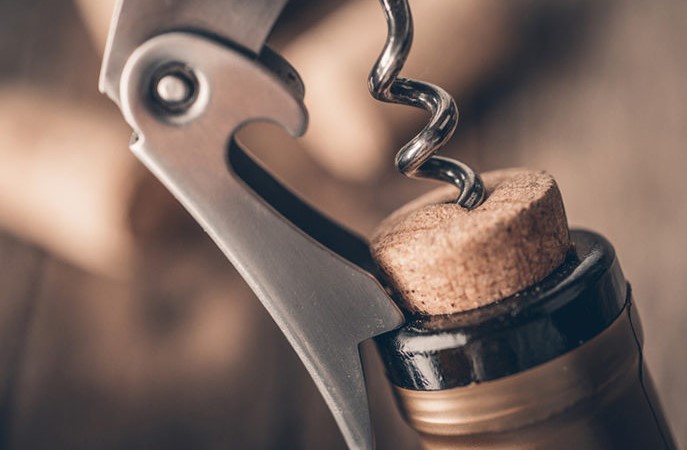


How Long Will Different Types of Wine Last After Opening
Light White and Rose Wine.
These lighter wines can last up to 7 days if refrigerated and cork.
Full-Bodied White Wine
Full-bodied white wine like Chardonnay, Montrachet, Pino Grigio, Viognier and Sauvignon Blanc, can be drinkable for 3 to 5 days if corked and stored in the refrigerator.
Light Red Wine
An opened bottle of light red wine, such as Pinot Noir and Grenache, will last for 2 to 3 days. These red wines have less alcohol and tannins causing the wine’s to lose its flavor and aroma quicker compared to a full-body red.
Full Body Red Wines
Open full bodied red wines like Zinfandel, Cabernet Sauvignon, Syrah can maintain their flavor and stay fresh for 4 – 6 days. This is due to a higher percentage of alcohol and tannins in these wines.
Sparkling Wine
Sparkling Wines have short life spans lasting only 1 – 3 days after opening and will quickly lose their fizzle. It is important to store Sparkling Wines in the fridge with a sparkling wine stopper.
Fortified Wine
Sherry, Port, and other fortified wines can remain fresh for 20 to 30 days when kept corked in a cool dark place. Fortified wines have longer lifespans due to added alcohol such as Brandy.
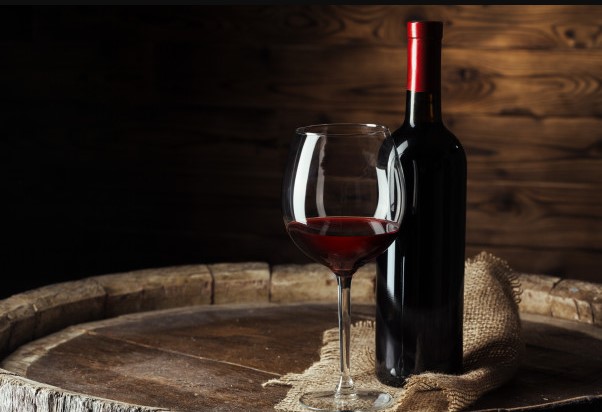


Tips for Keeping An Opened Bottle of Wine Fresh Longer
- Re-cork an Opened Bottle of Wine
Re-cork the bottle after each pour and when you store the wine. A key factor in prolonging the life of an opened wine is to avoid exposure to air. A bottle that has been left open or has been decanted has received more oxygen than one that was opened and immediately re-corked
- Store in a Dark Location
Store the opened wine bottle in a dark location. UV rays can penetrate both clear and green bottles, accelerating the release of sulfur which sours the aroma of the wine.
- Keep in a Cool Location or Refrigerate
Open Wines that are kept in a cool place or refrigerated keep longer. The colder temperature will help slow down the oxygenation
- Store Upright
Store the open bottle upright so it is exposed to less oxygen in the bottle. An opened bottle resting on its side in the refrigerator presents a greater surface area for air exposure.
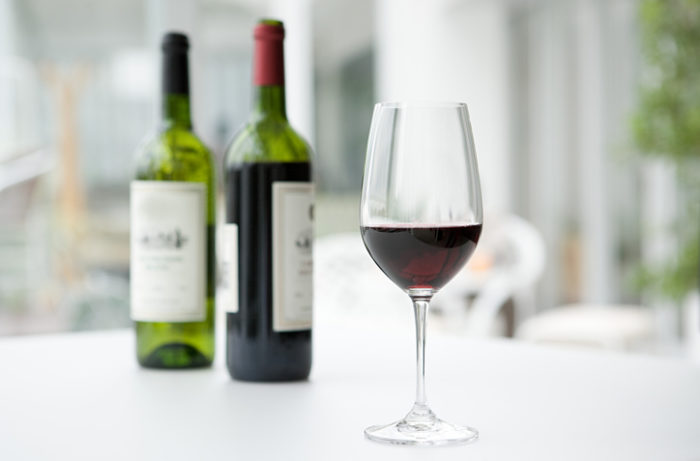


Why Wine Goes Bad After Opening
If you’ve ever revisited an opened bottle of wine, you may notice its flavors have flattened, the color has changed, and has a slight vinegar smell. These are the damaging effects of oxidation.
As soon as a bottle of wine is opened, it is exposed to oxygen and the wine will eventually begin to turn.
Initially, exposure to oxygen can make a wine taste more balanced and expressive, turning up the volume on its flavors and smoothing out the tannins and acids.
The oxidation will eventually feed the natural bacteria in the wine, which in turn produce acetic acid, causing the wine to spoil, and turn to vinegar.
